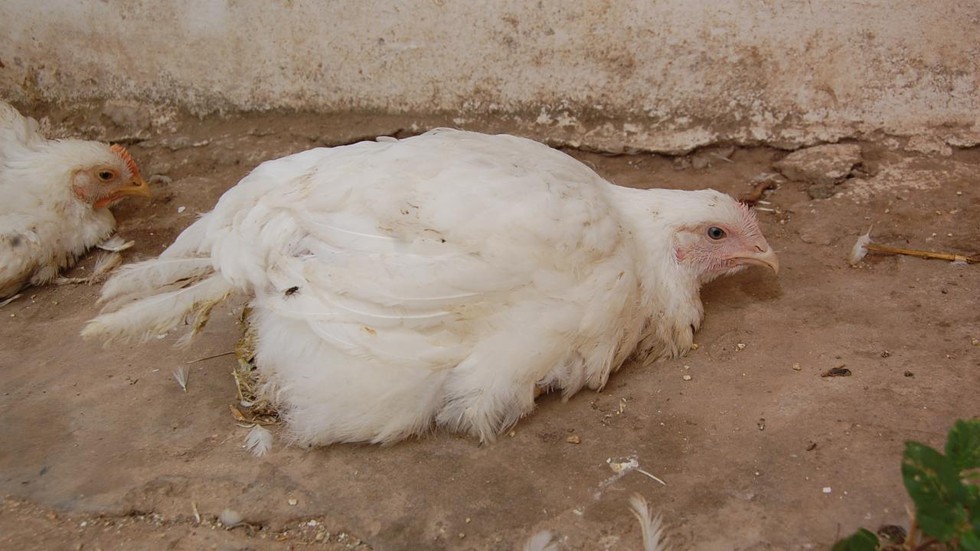
About Newcastle Disease (ND):
A new study carried out by the Transi...
Recently, the Union Minister of Coal ...
According to a study by researchers a...
Recently, a large number of people fr...
Recently, the Comptroller and Auditor...
The Madhya Pradesh State Wildlife Boa...
Brazil's agriculture ministry recentl...
Armenia’s reported interest in acquir...
Scientists from the Indian Space Rese...
Rare photographs of the Mashco Piro, ...